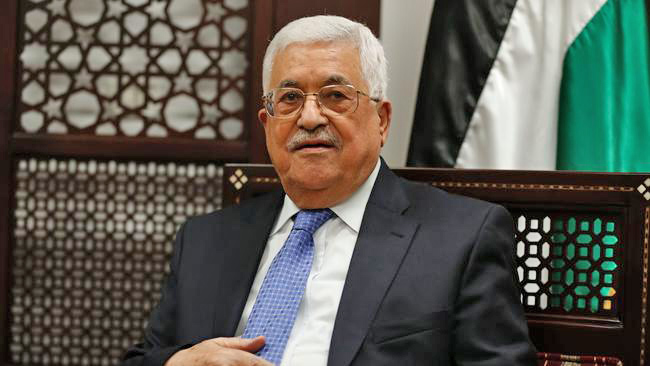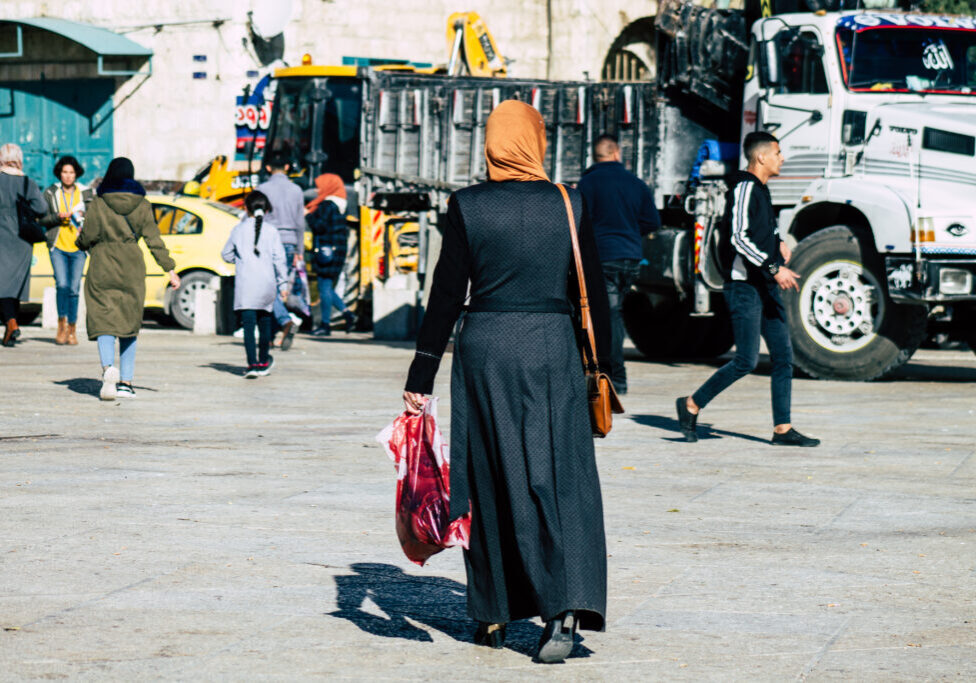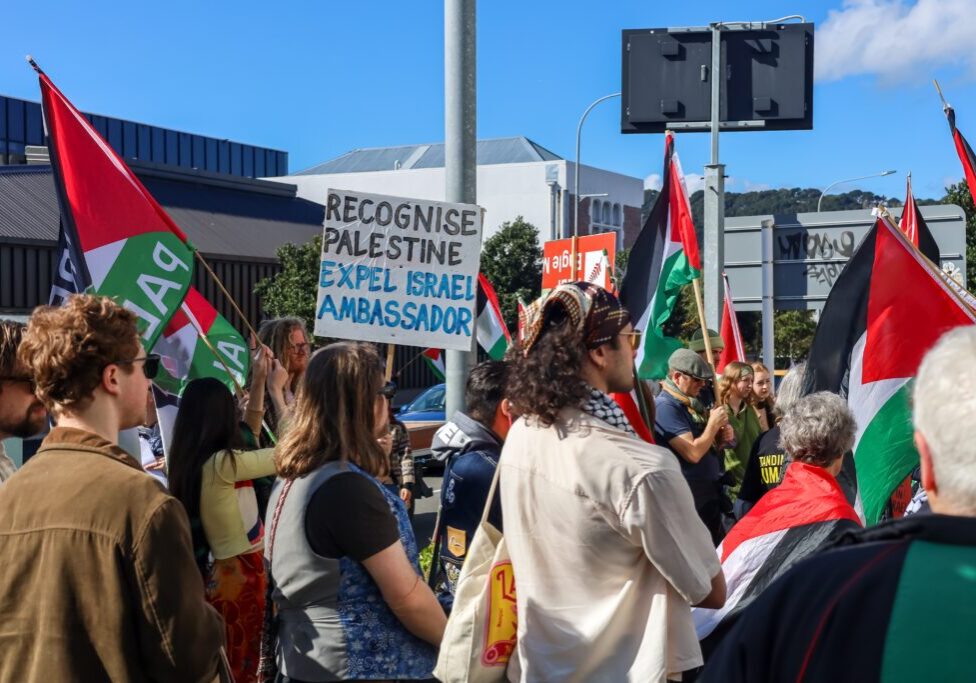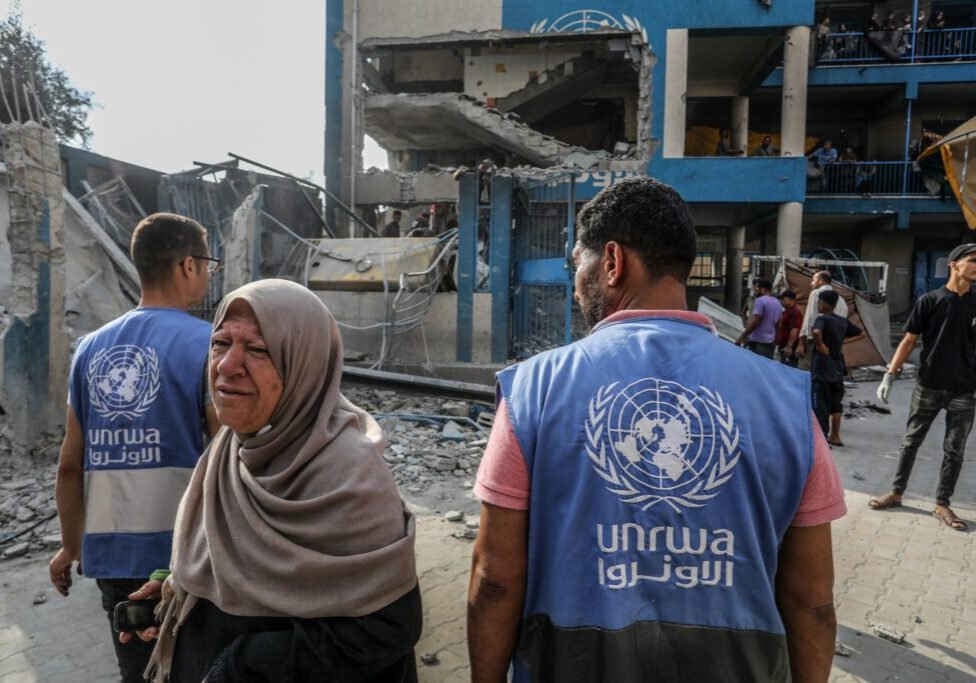Australia/Israel Review
A blow to Palestinian unity hopes – and to Abbas
Sep 29, 2016 | Ben Lynfield

Ben Lynfield
Just a month ago, the municipal elections that were slated to be held in the West Bank and the Gaza Strip on October 8 were cause for rare optimism amid the bleak landscape of Palestinian politics.
It was hoped Hamas’ participation, despite doubts about contesting polls in the Fatah-ruled West Bank, and Fatah running despite suspicions of Hamas’ intentions in the Hamas-ruled Gaza Strip, would mark a significant step toward healing the nine-year-old rift between the rival groups.
If all went well in the local elections, according to this optimistic Palestinian view, they could set a precedent for the holding of long overdue legislative and presidential elections that would give a fresh start to the fractured and stagnant political system. Due to the split, the last presidential election was way back in 2005, while the last legislative election, in which Hamas achieved a stunning victory, was in 2006.
On Sept. 8, the hopes pinned on the municipal elections collapsed in disarray amid Fatah-Hamas recrimination, and it became obvious that rather than heal the split, the electoral process has reinforced it.
After a Hamas court in Gaza cancelled nine lists of Fatah candidates, including in Beit Hanun, near the Erez crossing to Israel, for ostensibly violating the electoral law, the High Court in Fatah-controlled Ramallah froze the holding of elections, at least until December, on the grounds that the Gaza judiciary’s ruling on electoral matters was illegal, and also that the vote would not include east Jerusalem, which Palestinians view as an integral part of their future state.
The collapse of the electoral process is a reflection of Hamas’ and Fatah’s fears of losing, according to Talal Awkal, Gaza-based columnist for Al-Ayyam newspaper, which is affiliated with Abbas’ Palestinian Authority (PA).
“Neither side really wanted these elections to go ahead,” he told the Jerusalem Post. “Hamas was afraid it would fail in Gaza, and that this would be a real challenge to its legitimacy.”
Awkal says there was a real chance Fatah would have won in the Strip. “If you ask any citizen in Gaza, he would say Fatah has a better chance than Hamas to succeed,” he said.
“Fatah was also afraid of losing in the West Bank,” Awkal added. “Both are to blame for the elections not taking place.”
According to analysts in Ramallah, the immediate loser is PA President Mahmoud Abbas, who had vowed that the vote would take place as scheduled, and had been eyeing it as a badly needed legitimacy lift as he continues in the 11th year of what was supposed to be a four-year term.
A June poll by the Palestinian Centre for Policy and Survey Research indicated that two-thirds of Palestinians want Abbas to step down. One of the main reasons for this, according to Khalil Shikaki, the head of the centre, is that his credibility has been severely undermined by his threatening to do things and then not acting on the threats, be it to back away from the Oslo self-rule agreements or to “return the keys” of the Palestinian Authority to Israel unless it changed its policies.
“The cancellation of the elections will further negatively affect the credibility of the leadership and the political system, including the president,” said Ghassan Khatib, a former PA minister and currently vice president of Bir Zeit University.
It is now clear that the enmity between Fatah and Hamas – and between Ramallah and Gaza – is about to get even stronger, as each side blames the other for the collapse of local elections.
While Hamas spokesman Sami Abu Zuhri said the Ramallah court’s decision was political and Hamas websites said the move came because Fatah feared it would lose, Fatah leaders made identical accusations against Hamas.
“The judges in Gaza made a political decision, they did not follow the law,” Issam Abu Bakr, the PA deputy education minister and a Fatah election organiser, told the Post. “Fatah in Gaza is stronger than in the West Bank and we would have definitely defeated Hamas in Gaza. They were afraid of the results, especially in Gaza.” He said the Ramallah court decision was “judicial, not political.”
Whether all this is good or bad for Israel depends on one’s perspective. For those Israelis who hope for a coherent negotiating partner for a two-state solution, the deepening of the split is bad news.
© Jerusalem Post, reprinted by permission, all rights reserved.
Tags: Palestinians






